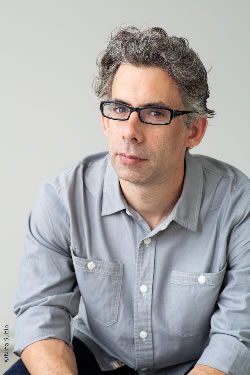|
It's the fall of 2019, and unimaginable swaths of the Amazon are smoldering. The Bahamas have been leveled. Aretha Franklin is gone, as is Toni Morrison, as is Ric Ocasek. Democracy itself is, at best, on life support. After some three decades, a much-beloved literary journal, ahem, has decided to close up shop. The Mars rover, aptly named Opportunity, died after sending a final message that reportedly read, “My battery is low and it's getting dark.”
To which I say: Preaching to the choir, Opportunity. Preaching to the choir.
There are countless other losses, too, and myriad more to come, and all of them can make fiction—reading it, writing it—feel like an obnoxious waste of time. And maybe it is. Maybe made-up stories are silly and narcissistic distractions, nothing more than a numbing agent used to avoid the increasingly difficult labor of inhabiting the real world. Such possibilities must be considered, and when we could all be volunteering more often, canvasing more widely for important causes, and earning more money to donate to those in need, the case against fiction can seem pretty persuasive.
But what if all of this loss is the exact reason to read? To Write? This is what I keep thinking; this is the rope to which I cling. What if stories are the light that will enable us to navigate the dark? For readers, fiction offers up characters facing every manner of crisis, and it signals the human heart's capacity for courage, for resilience and forgiveness, for compassion and tolerance and grace. As writers, we follow characters into tangled moments where no choice is clearly right, and the process of writing teaches us to love them long after they've made the decision that is blatantly wrong. To see characters animate on the page—let alone to have put them there—is to know that they will be remembered, and to be remembered is to survive. If we let all of this madness, all of this sadness, keep us from participating in the co-creation of stories—as readers, as writers, as both—then we are inviting erasure, surrendering our history and our future, ceding the holy act of witness to corporations and advertisers and politicians with the combined attention span of an impossibly orange goldfish.
So we must continue—not despite our losses, but because of them. We will amass pages because a great magazine once gave us so many great stories, because the very act of reading and writing is, in essence, the same as casting a ballot, an opportunity to transcend every last limitation, and because even in the gathering darkness, the impulse to pay attention evinces what might best be called hope. We will keep bearing witness in stories because they are their own kind of reverie and there's no surer place to dream than in the deepest and most consuming dark.
|


